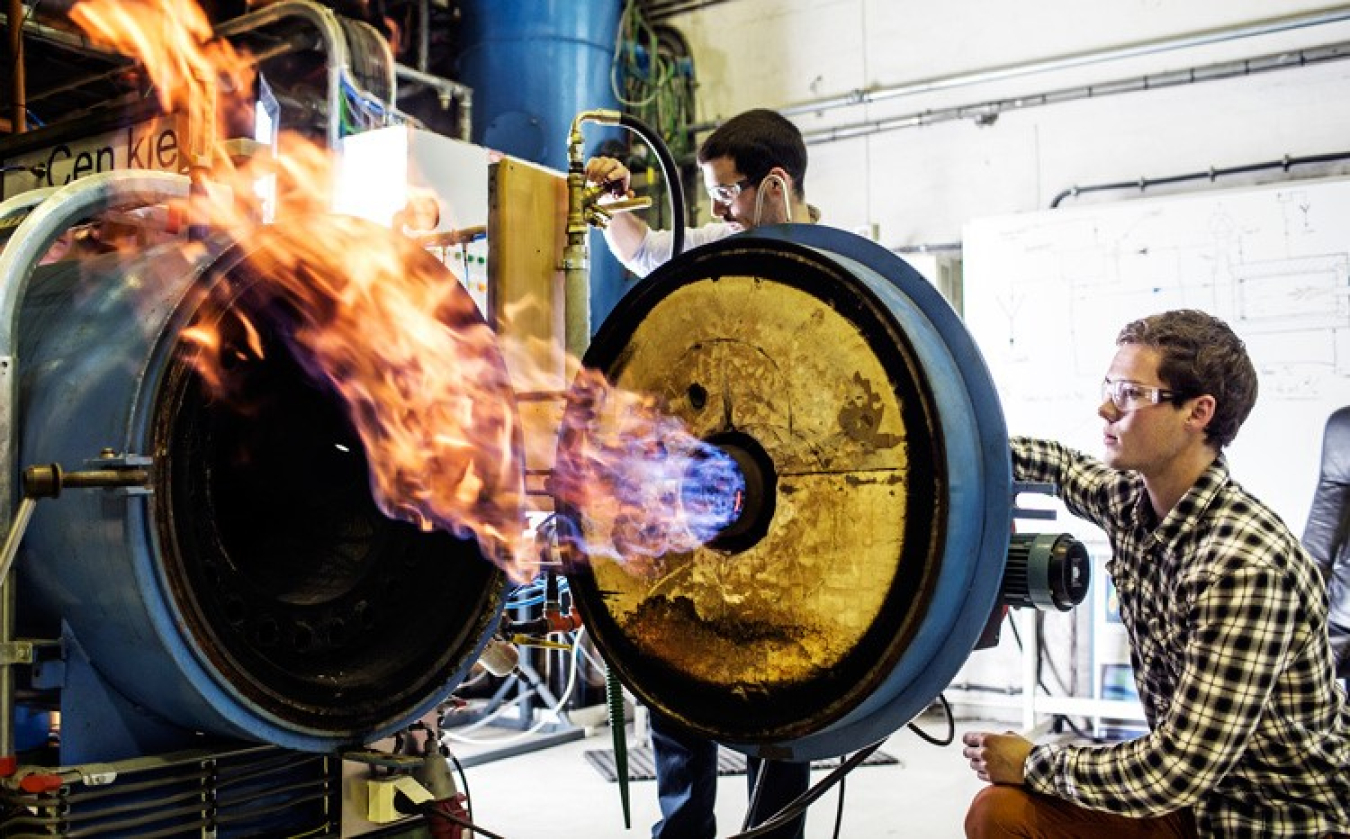
Photo courtesy of Geir Mogen | Norwegian University of Science and Technology.
The job of mechanical engineer trainee is an entry-level position in bioenergy, in the engineering and manufacturing career sub-sector. Job seekers with engineering and manufacturing backgrounds or students studying engineering could consider this type of entry-level bioenergy job.
Mechanical engineer trainees work under the supervision of senior engineers to design, install, or construct industrial-scale equipment or advanced automotive engines. People in these positions may hold internships or entry-level jobs in bioenergy mechanical engineering.
Mechanical Engineer Trainee
| Alternate Title(s) | Automotive Engineer Trainee; Quality Engineer Trainee |
| Education & Training Level Description | Bachelor’s degree in Mechanical Engineering or related field. |
| Experience | 0–3 years |
| Job Skills |
|
| Job Profile | The bioenergy landscape of the future requires significant innovations in the field of engineering. These efforts include developing technologies for the cost-effective harvest, collection, preprocessing, storage, and transport of biomass, scaling up biochemical and thermochemical conversion pathways for full-scale commercialization, and ensuring that next-generation advanced biofuels meet infrastructure compatibility. Due to their broad skill sets, mechanical engineers are uniquely qualified to address these needs and play a critical role in nearly all stages of the bioenergy value chain. These specialists utilize their knowledge of materials, solid and fluid mechanics, thermodynamics, heat transfer, control, instrumentation, design, and manufacturing to develop robust, commercially viable bioenergy systems. Mechanical engineers help design and develop the industrial equipment and systems used to process and convert biomass into electric power, fuels, and chemicals at the biorefinery, as well as design automotive engines optimized to run more efficiently on affordable, scalable, and sustainable biofuels. At the entry level, mechanical engineer trainees work under the supervision of senior engineers to design, install, or construct industrial-scale equipment or advanced automotive engines. Individuals must have successfully completed a bachelor's degree in professional engineering from a recognized school or college which has been accredited by the Accreditation Board for Engineering & Technology. Equivalent experience or training may substitute for degree. Employers also value relevant experience gained through undergraduate capstone research projects, part-time employment, internships, or volunteer work. |
More Entry-Level Engineering and Manufacturing Jobs in Bioenergy
- Civil/Environmental Engineer Trainee
- Computational Science Technician
- Chemical/Biological Engineer Trainee
Related Bioenergy Career Resources
Bioenergy Career Exploration Wheel

